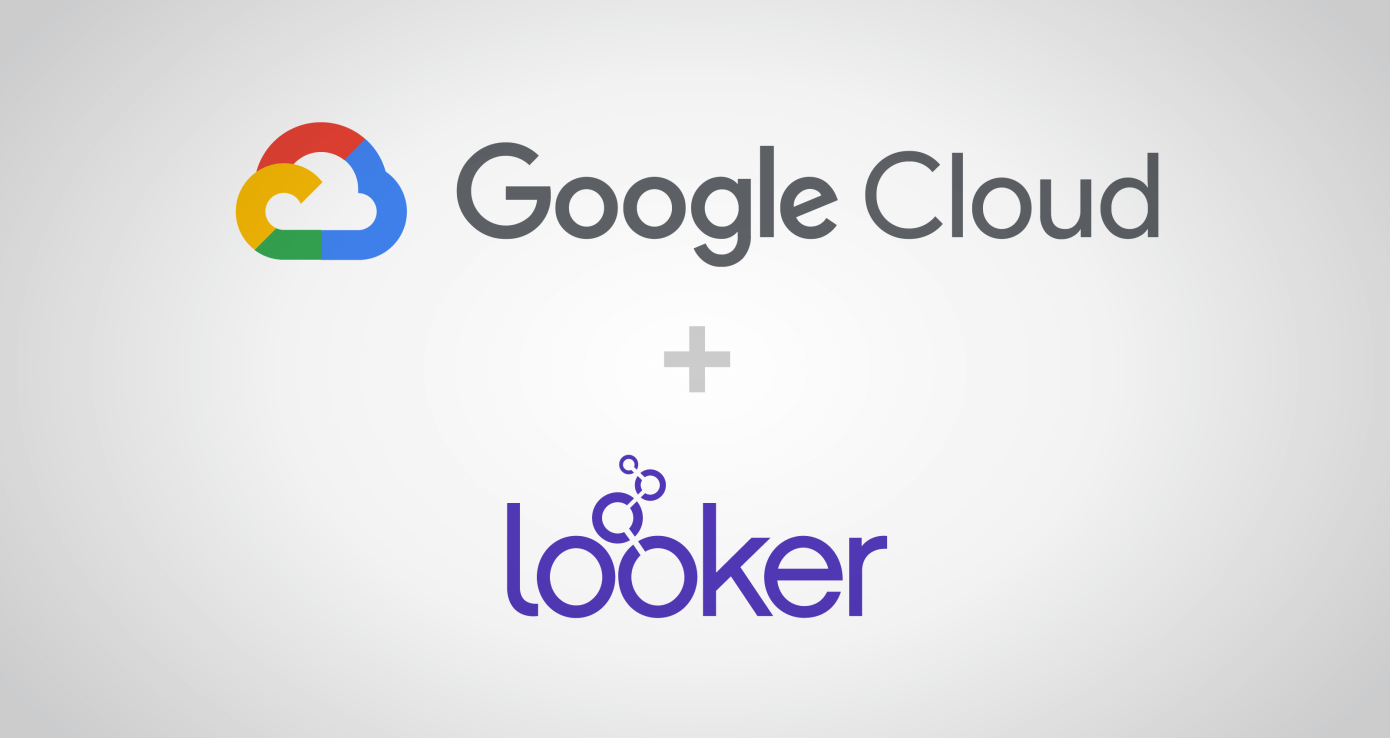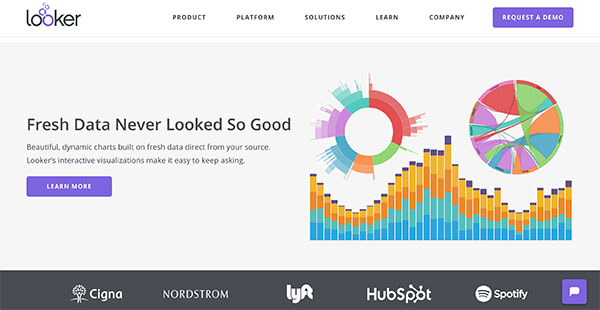Most people think of the 'cloud' as a way to store their vacation photos and Word documents. Unless you're specifically working in the software space, it can be hard to understand how important the cloud is to modern computing. In fact, it can be hard to understand what the cloud even is at all.
The cloud is less of a tangible thing that people can touch, and more of a methodology for storing information in a decentralized, off-premise way. When someone stores a piece of data on the cloud, what's actually happening is that they're using the Internet to transmit that data to off-premise servers owned by their cloud hosting service. When they want to recall that data, they access that server remotely over the Internet.
Of course, it doesn't seem that technical to the end user. To the end user, using and navigating a system like Dropbox or Google Drive is largely the same as storing and accessing files stored on their own device. With advances in upload, transmitting, and download speed, connecting to a remote server thousands of miles away can be just as fast as interacting with internal files.
Most people interact with the cloud in a pretty basic way; using it to upload and download personal files. However, that's just the surface of what cloud computing can do. For business software, it has some powerful implications.
In the past, businesses that wanted to use business software had to store that business software on their internal servers or on the devices the software needed to run on. For lightweight software, this wasn't too bad; even today, many popular pieces of personal software are still on-premise.
For more powerful software, though, this is a major limiting factor in who can access that software. To run more powerful tools, businesses need powerful devices and a large amount of storage space for their data.
All of this means that, with on-premise software, businesses have to invest large amounts into computing infrastructure and network connections, which raises the overall price of a software solution.
Cloud-based computing untethers business software from internal servers or personal devices. Most business software nowadays is cloud-based, removing the need to store the software on-premise.
In practice, it's a bit more complicated than uploading your software to Google Drive or Dropbox. Cloud-based solutions usually use their own servers; if you log into Salesforce Sales Cloud, you're accessing Salesforce's own servers. There's no need to download anything or access a third party; you can go right from your desktop to Salesforce.
With cloud-based systems, all the hardware infrastructure is managed by the vendor. Businesses don't have to worry that they can't run a piece of software or that they won't have enough space on their hard drive to manage it. Cloud-based computing doesn't completely remove every worry about computing power, but it does massively minimize it.
Cloud-based BI
It seems that every software business, regardless of what they actually sell, is trying to get in on the cloud computing trend. While not every piece of software can profit from being cloud-based in the same way, there are some industries where the cloud has revolutionized how, when, and why people use it.
Business intelligence has been transformed by the rise of cloud computing. At this point, basically every BI tool is primarily cloud-based, though many vendors still offer on-premise options. The cloud offers many unique advantages to BI systems, and most businesses that use BI use some kind of cloud-based tool.
There are two main kinds of software that benefit from going cloud-based - software that stores a lot of data, and software that needs a lot of processing power. BI tools are both; they need a lot of storage and a lot of processing power to work correctly.
In the past, businesses that wanted to use a BI tool needed large, powerful servers to run their tool. Without an appropriate level of computing power, they wouldn't be able to make good use of their tool. Either the tool wouldn't have enough processing power, and run slowly or glitch out, or the tool wouldn't have enough storage for all of a business's data.
This meant that only the largest businesses with the most to spend on top-of-the-line hardware could invest in a business intelligence tool. Smaller businesses with less money to spend on hardware had to make do with less powerful tools.
With cloud-based BI, businesses don't need to worry about their internal processing power limiting what they can do with their BI tool. Since they're relying on their vendor's servers, they can be sure that they're getting all the processing and storage that they need.
On-premise software is also kind of annoying. Users have to be on the same network as their server, which means unless the business's IT department sets up some sort of remote access, they have to be physically near the server. If the software has been downloaded to a device, employees have to use that device to access their tool.
All this means that employees can't really work remotely. They need to be at the office to access their BI tool, which makes it very difficult to do work outside the office or during non-work hours. Not only is this bad for employees that want to work from home, it also limits what a business can do during non-business hours.
With cloud-based BI, employees can log in from anywhere, as long as they know their user credentials and they have access to the Internet. Many tools even offer mobile apps for viewing dashboards and visualizations on the go.
These are just a handful of the ways that the cloud is changing how vendors build BI systems and how businesses use their BI tools. The cloud has revolutionized the BI industry, and basically every aspect of a tool has been changed in some way.
Benefits of cloud-based BI
Businesses aren't just moving to cloud-based solutions for fun. Cloud-based BI solutions have several key advantages which make them much more valuable to agile, data-driven businesses.
First, and probably most importantly, cloud-based BI systems prevent the need for on-premise servers or data storage solutions. Companies don't have to invest in powerful hardware or large amounts of storage, and they don't have to invest as much in IT.
This, of course, saves a business money, since they don't have to buy and install servers or dedicate office space to server racks. But it also has more invisible benefits that help to make the business more efficient and help it to move quicker.
Since the business isn't the one managing the server, they don't have to worry about keeping the server online. The vendor handles server maintenance, and beyond periods of scheduled maintenance, most vendors manage close to 100% uptime.
This is a massive benefit for any business that struggles to keep its servers consistently live. There's no worry that aging hardware or IT mistakes will cost revenue or lead to delays. This helps businesses to make more accurate plans and spend less time fixing problems.
Second, cloud-based solutions are usually easier to connect to than on-premise systems. It's very important that a BI tool has access to all the business data that the organization wants analyzed. With an on-premise system, businesses have to connect their data to their tool in weird and complex ways, and can rarely do so in real time.
This is especially true nowadays, when so many other pieces of business software are already cloud-based. With cloud-based BI tools, it's often very easy to connect to the most popular software. It's also much easier to update that data in real time, without any input from the user on the backend.
Businesses that want the most seamless data connections possible should select cloud-based tools. As businesses collect more data, and use more business software, it becomes more and more important that they're able to connect their tools.
Third, they help businesses to streamline their workflows and work more efficiently. With more consistent uptime, and easier remote access, businesses don't have to wait until work hours to do important work.
Now, if there's a problem that needs attention over the weekend or in the middle of the night, it's not a massive headache to get it fixed. Employees can react to problems when they occur, instead of waiting for 9 AM or Monday morning. Users can also monitor their data from mobile devices, making cloud-based BI even more agile.
Conclusion
In the last few years, cloud-based computing has revolutionized a huge amount of software industries, and business intelligence is no different. With cloud storage and computing, businesses can use off-premise, third-party servers to process and store their information.
Every business intelligence tool worth using is cloud-based. The cloud is especially powerful for BI, since BI involves storing a large amount of data and performing complex, technically intensive statistical techniques on that data. With the cloud, businesses don't need to invest in the computing infrastructure that makes BI possible.
Cloud-based BI tools are the best choice for most businesses. They allow businesses to streamline and automate their workflows, they reduce overhead by lowering IT costs, they make connecting to other data sources easier, and they allow employees to react to problems quicker.
For more information on cloud-based BI systems, and how the cloud can transform your business, contact us today. Our team of experts can help you understand the cloud and find the tool that will best allow you to leverage its power.





































